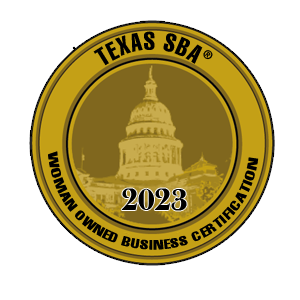Building trust and fostering employee loyalty is essential for organizational success. Employees who feel valued and connected to their workplace are more likely to stay committed and contribute positively to the company’s growth. Here are four key strategies to strengthen your relationships with employees and cultivate long-lasting loyalty.
Tips to Help Build Employee Loyalty
1. Transparent Communication
Establish open and transparent communication channels within the organization. Keep employees informed about company goals, strategies, and changes that may impact them. Transparency builds trust by demonstrating honesty and authenticity. Regularly communicate successes and challenges, allowing employees to feel included in the broader narrative of the company. Encourage an environment where questions and concerns are welcomed, fostering a culture of openness and trust.
2. Recognition and Appreciation
Acknowledge and appreciate the efforts of your employees. Regularly recognize individual and team achievements, whether big or small. This recognition can take various forms, from public praise in meetings to personalized notes of appreciation. When employees feel their hard work is noticed and valued, they are likelier to stay engaged and loyal to the organization. Employee recognition programs can further formalize this appreciation, creating a positive and motivating workplace culture.
3. Invest in Professional Development
Demonstrate a commitment to the growth and development of your employees. Provide opportunities for skill enhancement, training programs, and career advancement. When employees see that their organization is invested in their professional success, they are more likely to reciprocate with loyalty. Discuss career goals during performance reviews, offer mentorship programs, and provide resources for continuous learning. Investing in employees’ professional development enhances their skills and strengthens their connection to the organization.
4. Flexible Work Arrangements
Recognize the importance of work-life balance and offer flexible work arrangements when possible. Allow employees to control their schedules, whether through remote work options, flexible hours, or compressed workweeks. This flexibility demonstrates trust in your employees’ ability to manage their responsibilities effectively. By accommodating individual needs, you create a more supportive and loyal workforce, as employees appreciate a workplace that values their well-being inside and outside the office.
Are you looking for a loyal team? Contact the team at CornerStone Staffing today.





